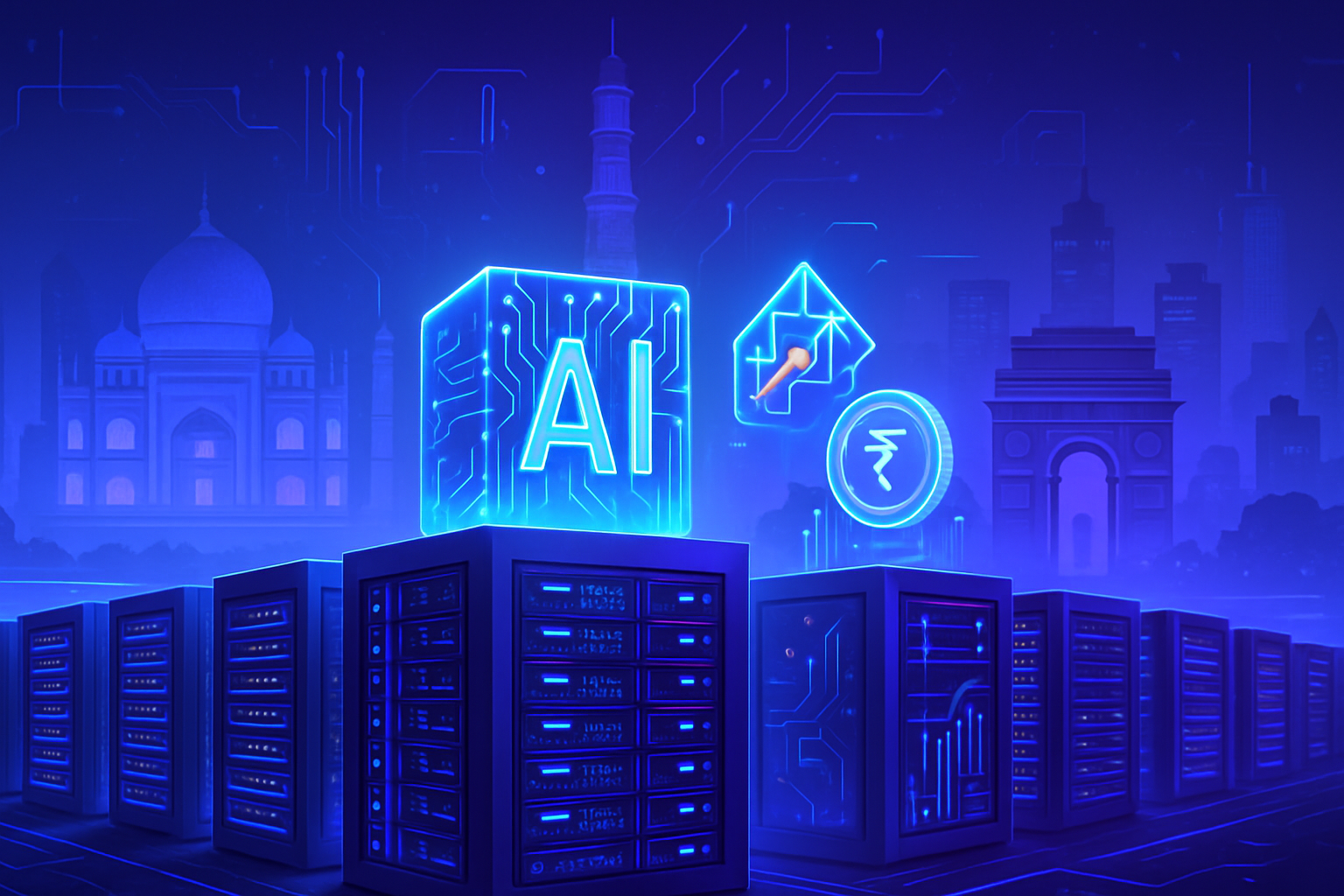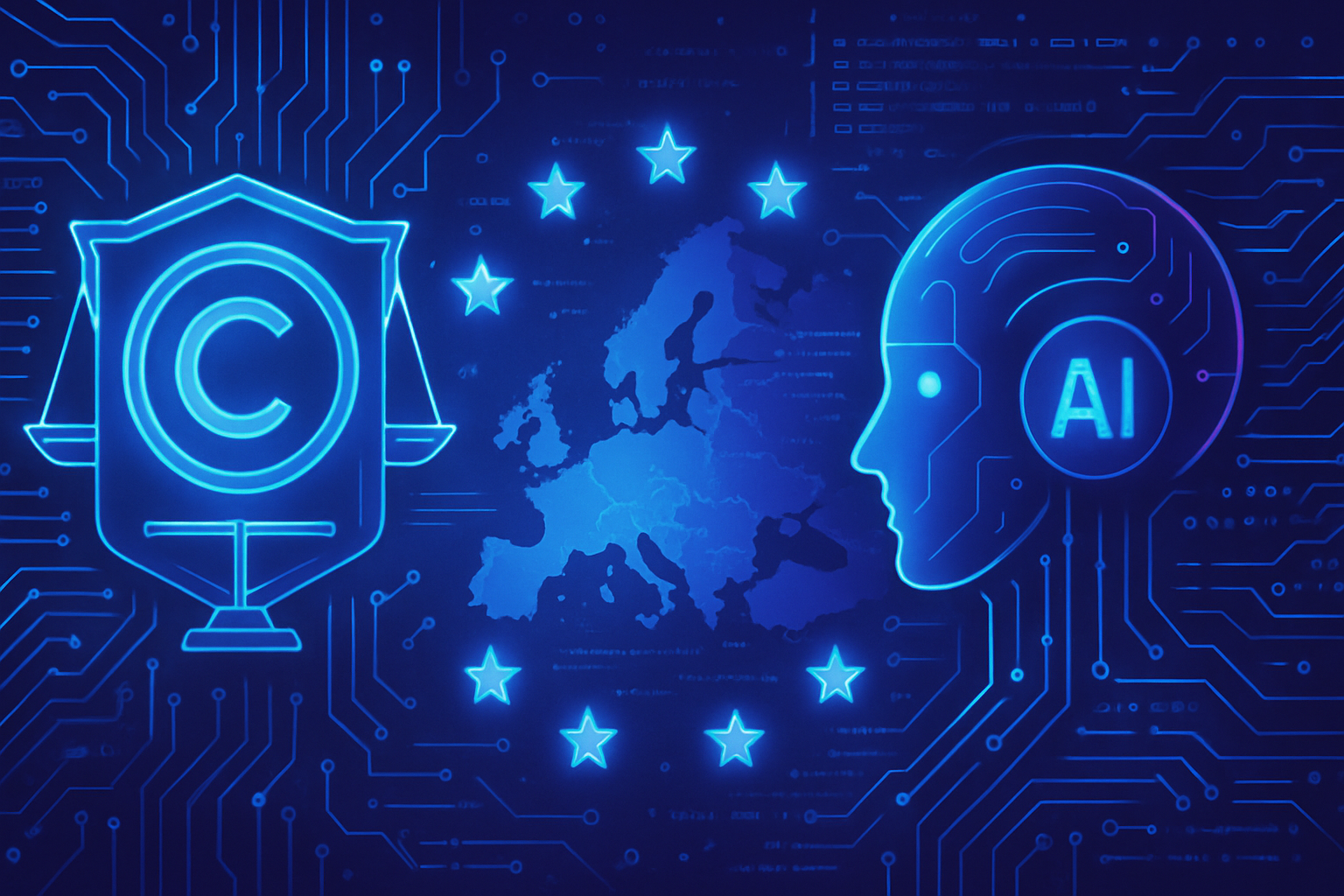The question of potential sanctions from Google regarding AI-generated content raises concerns based on quality and authenticity. The rapid rise of artificial intelligence in the writing field questions its impact on search engine optimization. The supreme arbiter, Google, advocates only for excellence, regardless of the content’s origin. A meticulous analysis reveals that optimal pages, at the top of the results, demonstrate an interconnection between human intervention and AI assistance. The data exposes essential information: the nature of the content, its ranking, and its effectiveness remain of the utmost importance for SEO strategists.
Analysis of AI-Generated Content
A recent study by Ahrefs focused on the impact of content derived from artificial intelligence on Google rankings. Based on the analysis of 100,000 keywords, the objective was to determine the share of AI-generated content among the highest-ranking URLs. The results indicate that the majority of high-performing content incorporates some form of AI assistance.
Study Results
In the sample, content written exclusively by humans represents only 13.5% of the top 20 pages. The other content benefits from AI intervention at various levels. The study specifies that a portion of 40.0% of the pages shows moderate use of AI, while 20.3% exhibit substantial contributions from AI.
The Different Contributions of AI
It is essential to note that AI is not limited to the complete creation of content. Its use extends to functions such as spell checking, grammatical improvement, and title optimization. Therefore, human interaction remains significant even for AI-assisted content. Only 4.6% of the analyzed pages fall under pure AI-generated content.
Impact on SEO
The results of the analysis reveal a low correlation between the percentage of AI-generated content and ranking outcomes. The calculated correlation value is 0.011, suggesting that no significant influence exists. Thus, the hypothesis that Google would penalize content derived from AI is not validated.
Google’s Perspectives on AI
Google emphasizes quality rather than the method of content creation, whether human or AI-assisted. The Ahrefs study confirms this position, highlighting that the absence of penalties for AI-generated content indicates tolerance for its use. However, a slight trend is observed for 100% AI-generated content to be less prevalent in the top positions of results, underscoring the necessity of human intervention to achieve optimal quality.
Final Considerations on AI Usage
The use of AI in content creation is becoming increasingly central, but this technology should not be seen as a one-size-fits-all solution. Content creators often leverage AI as a tool rather than a perfect substitute for human expertise. The goal remains to produce high-quality content, essential for ranking in search engines.
For additional information on the use of artificial intelligence, you can refer to articles such as the essential steps to follow to reuse accessible data, or the call for transparency from technology companies.
FAQ: Does Google impose sanctions on content produced by artificial intelligence?
Does Google penalize content that is entirely generated by artificial intelligence?
No, according to studies conducted, particularly by Ahrefs, Google does not specifically penalize content generated by artificial intelligence. Quality is the main ranking criterion.
What is the impact of using AI in content creation on SEO?
There is no significant correlation between the use of AI and the ranking of pages in search results, according to the available analyses. What matters is the quality of the content.
What types of AI-assisted content are present in Google’s top 20?
A study showed that only 4.6% of the top 20 pages were 100% generated by AI, while other pages combined human content and AI interventions.
Is it better to use AI for content generation or as an assistance tool?
It is generally more effective to use AI as an assistance tool to improve writing and content quality, rather than relying solely on its automatic generation ability.
Do pages with AI-generated content tend to rank worse?
Data indicates that content largely generated by AI is slightly less prevalent in the top position, but this does not mean they are necessarily penalized.
How does Google evaluate the quality of content, regardless of its origin?
Google evaluates the quality of content based on various factors, such as relevance, clarity, originality, and user engagement, without distinction between human content and AI-assisted content.
Is the integration of AI into the content creation process recommended?
Yes, integrating AI is recommended to enhance the creation process, such as for spell checking or title optimization, provided it is used in complement to human work.






